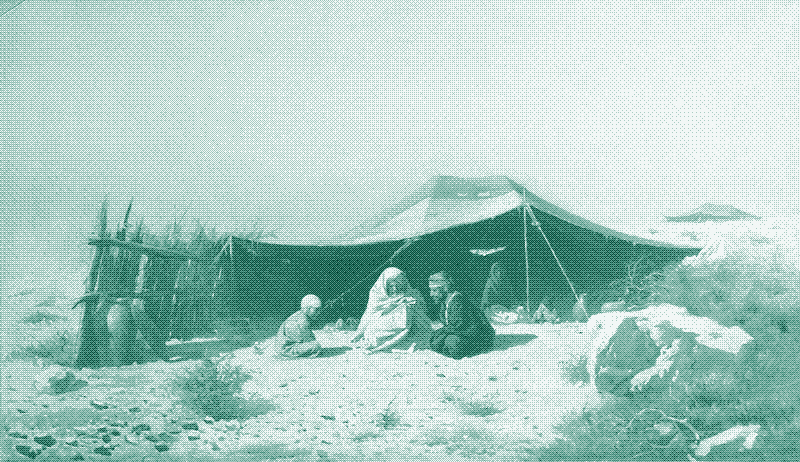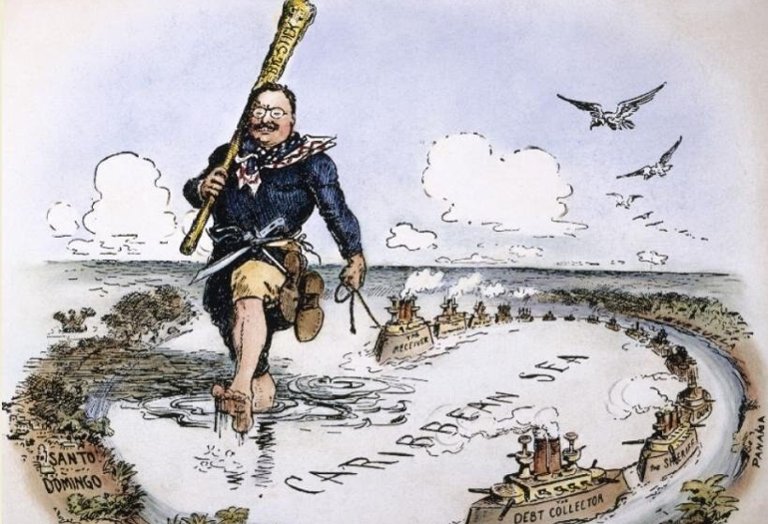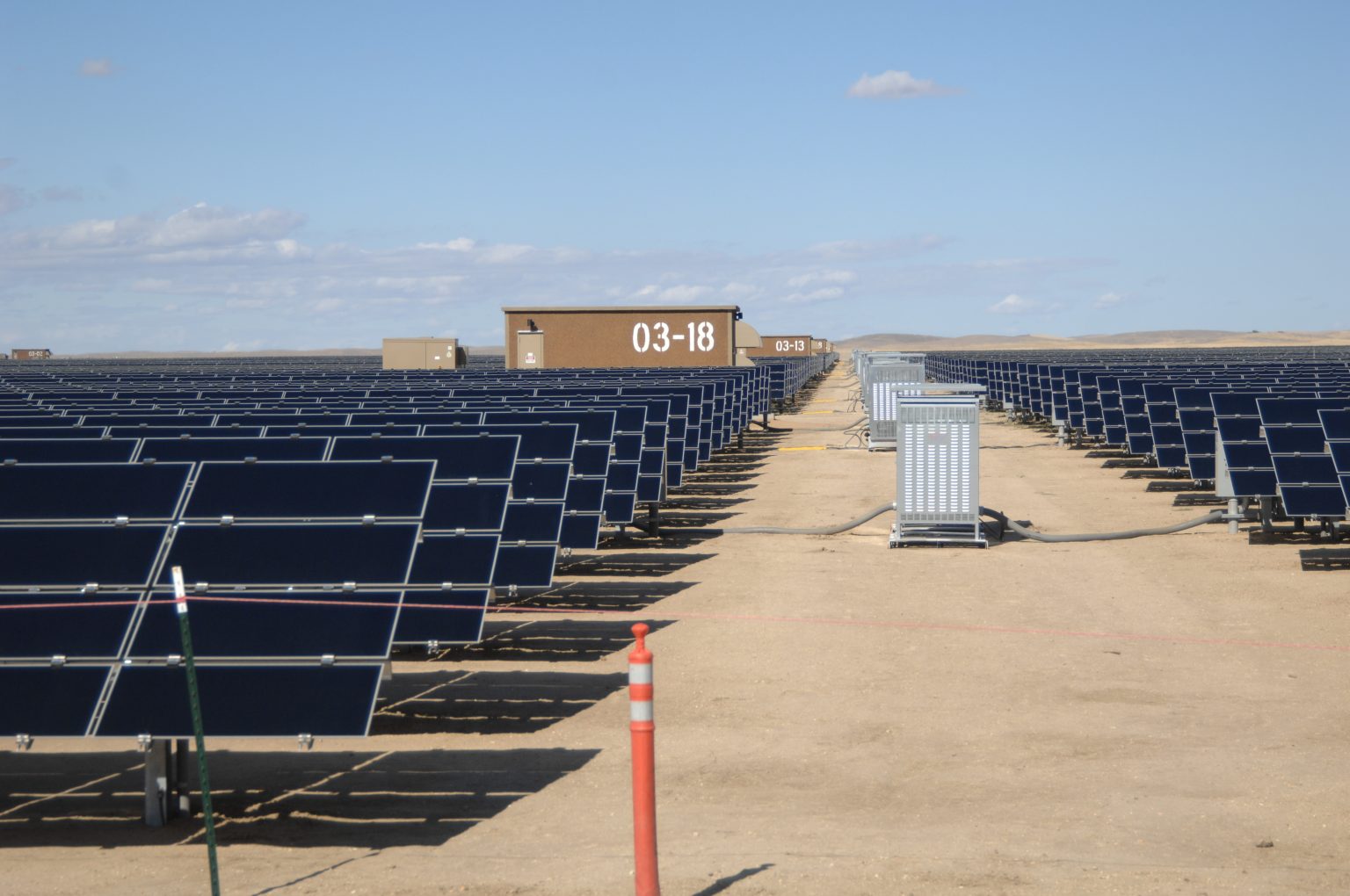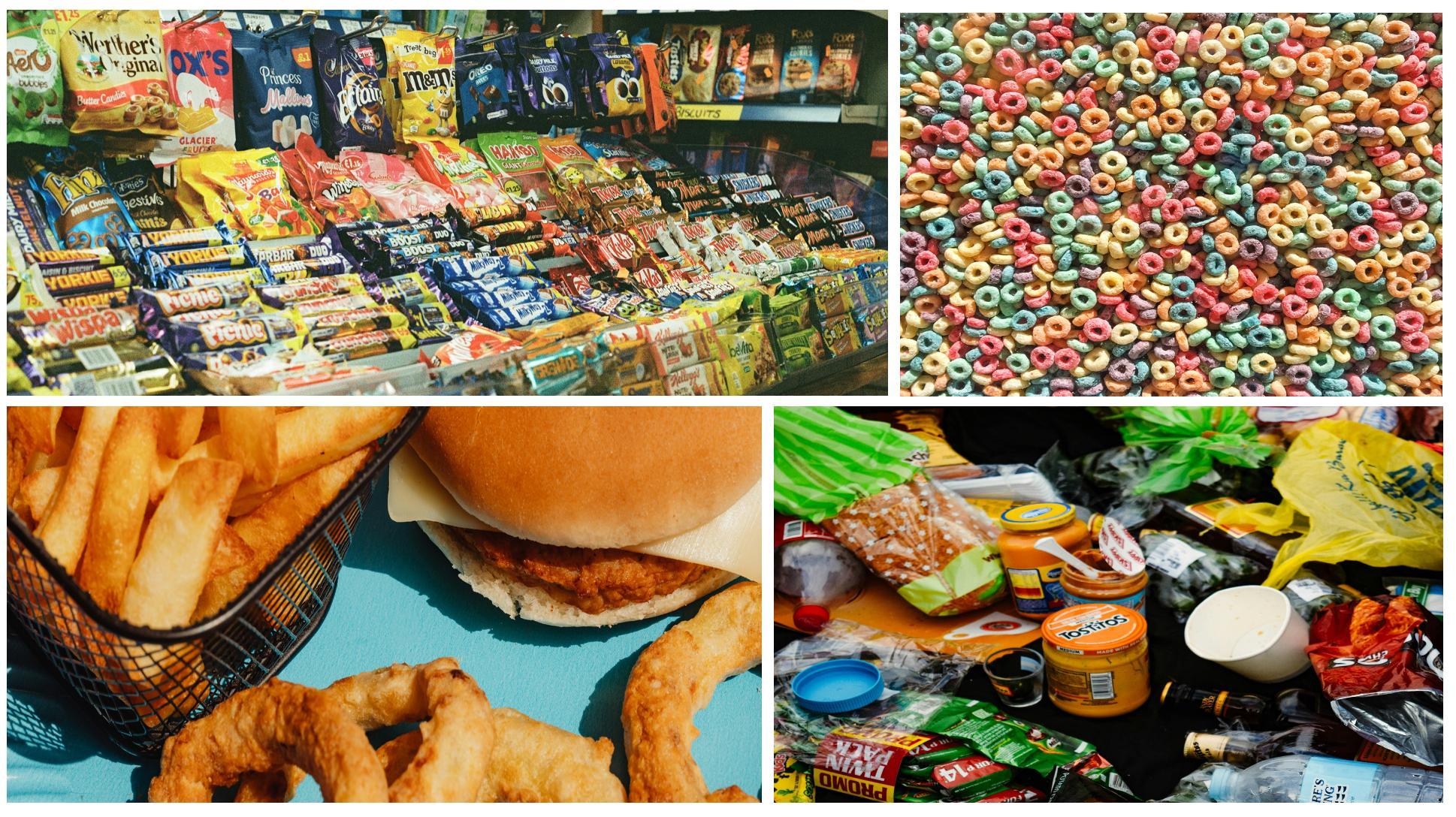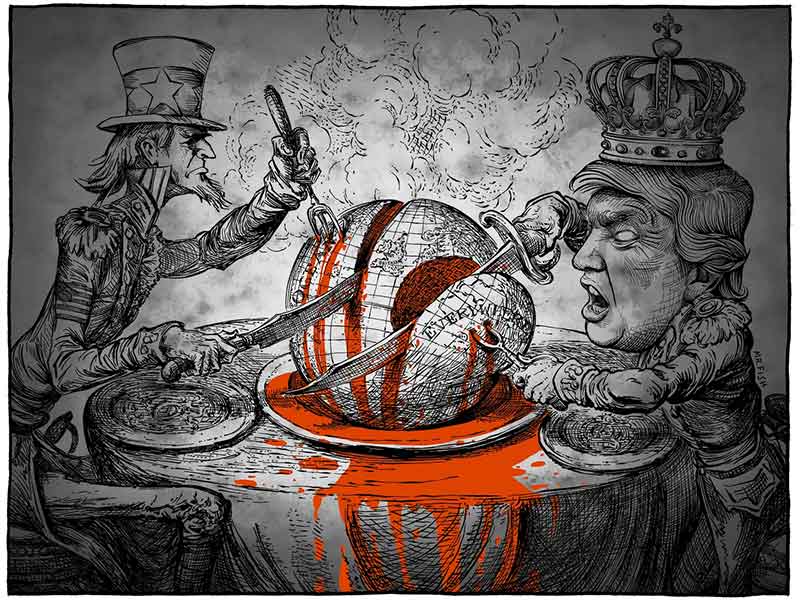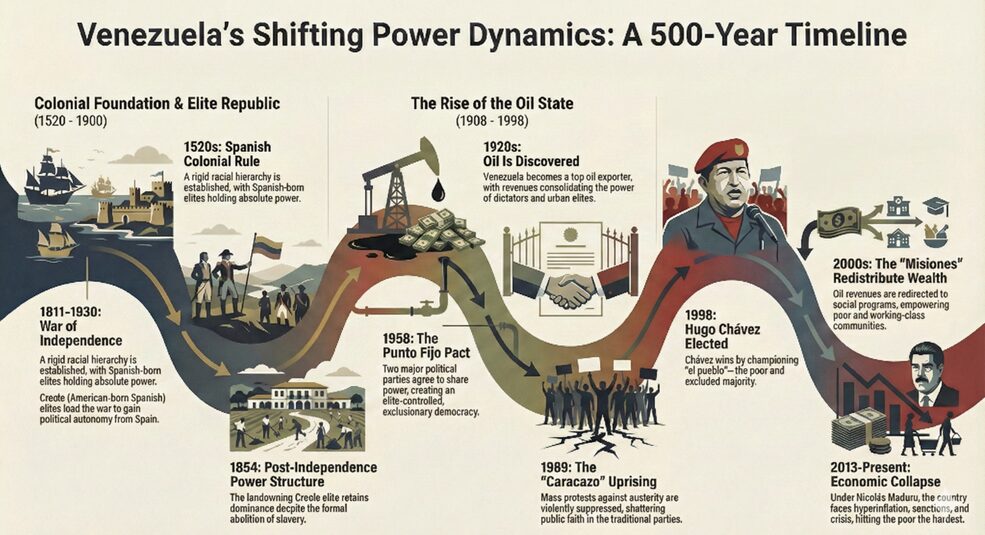Category: Less of What We Don’t Need
-

How to Dress and Undress your Home
Before the large-scale use of fossil fuels, removable textile layers kept homes warm in winter and cool in summer.
-
Climate Meltdown, Mass Extinction, Resource Wars…and Maybe a Way Out?
The degrowth movement’s not claiming that the way to prevent ecological and civilizational collapse is simply to play Whac-A-Mole by working our way through individual problems like traffic congestion or light and noise pollution. In fact, the point of degrowth is that societies should leave all such problems, including the potential disaster of climate change,…
-

Venezuela and Greenland: ‘Smash-and-grab’ diplomacy in the age of scarcity
What the current U.S. administration is doing, though probably unwittingly, is saying the quiet part out loud. As the natural resources that the modern world depends on become more and more scarce, countries will more and more resort to openly violent methods to secure access to those resources.
-

Blind Spots in the Climate Movement
Let’s start with the goal of no new energy infrastructure whatsoever from any source, make do with what we have now, and shut down infrastructure from there as we eliminate frivolous use. This is an attainable goal.
-

Venezuela: It’s Much More Than Oil
As the US openly discussed schemes to add Greenland to its list of conquered territories, it became abundantly clear that “Alternative Energy” (AltE, solar, wind, hydro power) joined fossil fuels at center stage. Greenland is closer to Venezuela than they appear on a map. Cultural racism has been central to Venezuela’s political struggles for 500…
-

The US Propaganda Campaign to Smear Venezuela’s Interim President Delcy Rodriguez
Washington’s latest assault on Venezuelan sovereignty has moved beyond overt military aggression to a ruthless propaganda offensive. After the U.S. engineered the capture of President Maduro and the installation of Interim President Delcy Rodríguez — a constitutional act distorted by empire — U.S. media and officials now weave a campaign of insinuations and smears to…
-

Ultra-processed foods damage health in ways that calories don’t explain, new study says
Food additives, packaging chemicals, and processing methods may drive disease risk, even as food safety rules fail to catch up. Researchers are getting closer to solving the riddle of how ultra-processed foods (UPFs) harm metabolic, reproductive, and immune health in ways that can’t be explained by calories or poor nutrient profile alone, according to a…
-

America the Rogue State
America’s descent into lawless imperialism has reached a new nadir. In “America the Rogue State”, Chris Hedges dissects how U.S. power has dismantled democratic restraints at home and abandoned the rule of law abroad, presiding instead over endless war, plunder and political terror. From weaponised elections and media complicity to extrajudicial violence and the kidnapping…
-

Why the Removal of Nicolás Maduro will not stop the Bolivarian Revolution
The U.S. “capture” of Nicolás Maduro is being hailed in Western capitals as a blow to dictatorship — but this narrative obscures centuries of Latin America’s struggle against imperialism and entrenched racially-coded elite rule. In Venezuela, the Bolivarian Revolution was more than a presidency: it was the voice of the historically marginalized, a challenge to…
-

Are your baby’s clothes toxic? New study finds harmful chemicals in infant textiles
Infant clothing may expose babies to hundreds of different chemicals used in everything from plastics to paints—including some known to be toxic, a new scientific investigation shows. The analysis of 43 infant garments, published in Environmental Research, is the first to comprehensively screen for all detectable chemicals versus a limited number. In total, 303 different…

